Welcome
I started this blog in 2013 to share my reflections on reading, writing and psychology, along with my journey to become a published novelist. I soon graduated to about twenty book reviews a month and a weekly 99-word story. Ten years later, I've transferred my writing / publication updates to my new website but will continue here with occasional reviews and flash fiction pieces, and maybe the odd personal post.
|
I’m sharing my thoughts on two historical novels I’ve read recently, both featuring young women struggling to survive against the odds. The first is set in England in the 1660s, the second in Italy a century earlier.
10 Comments
When I blog about boundaries, I’m usually berating chaotic fictional therapists. Not today. These three intriguing novels are about the liminal space between plant and human; reality and fantasy; and sanity and scapegoating within the political sphere. My short reviews should help you decide whether to cross the threshold.
These two recent reads are about challenging women’s traditional roles as homemakers in the mid twentieth century. The first focuses on the barriers facing a woman seeking a career in science in early 1960s America. The second follows the fortunes of three sisters and their mother as the times change in 1970s France.
A woman lives with her husband on a farm a short distance from a small town. There’s a distance between the partners also but they’re bound by habit and circumstance. When strangers arrive on their land, convention dictates they should chase them away. Instead, a tentative friendship develops, much to their neighbours’ disapproval and it’s not too long before violence ensues.
The link is often tenuous when I pair my reviews. But, even when there’s a common theme, it’s unusual for a four-sentence summary to serve both. Heck, even the covers match! Yet, while both brilliant debuts, these are very different novels: the first a near-future cli-fi dystopia; the second a historical novel set at the end of the American Civil War. Read on to see which you’ll pick up first! I’ve recently read a historical novel and a contemporary YA novel featuring fostered girls. In the first, it’s idyllic, especially in contrast to the institution she’s sent to at the age of six. In the second, it’s more problematic with a foster mother who can’t put her own needs aside to support the child in her care.
Two fabulous fiction books about ordinary people in historically significant times. The first is a family saga set in China, Taiwan and America across six decades of the twentieth century. The second is a snapshot of Swiss history on a single day in 1959 when the male half of the populace denied their mothers, sisters and wives the right to vote.
These novels – the first contemporary YA; the second historical fiction – address radically different responses to mental health issues wrapped up in page-turning stories. I enjoyed them both in different ways.
We can choose our friends but not our neighbours, unless we happen to own a plot of land with cottages to rent or offer free to selected guests. In which case we should choose carefully: in a crisis, out in the countryside, we might have to rely on our neighbours more than we’d expect. But as renters and guests we might not have a say in the matter, as these two novels highlight. The first is about a woman unsettled by the folk beliefs of her neighbours in rural Scotland; the second about a temporarily covid-free community in upstate New York.
These very different novels are both about young men detained in strange settings: the first a psychiatric ward; the second a labyrinth. Steven, in the first, is a reluctant captive who needs to learn the value of where he’s landed in order to leave. Piranesi, in the second, seems perfectly adapted to his environment, but he needs to discover the dark side to become his full self.
Allow me to introduce you to two novels that expose Britain’s dirty hands in the immoral corporate wheeling and dealing that directly harm the poor both here and abroad. If that sounds heavy, remember that the beauty of fiction is that it can wrap that painful politics in a gripping narrative of romance and intrigue. Now, isn’t that a step up from governments that condone such corruption or, at least, turn a blind eye?
I was going to call this post hopes dashed, but that would be too sensational for these two lovely novels about women getting on with it after disappointment, not because they’re heroic survivors but because they’re ordinary flawed human beings. In the first, an untenured academic carries on as normal despite a drawn-out miscarriage; in the second, an aspiring artist continues painting despite a lack of talent and community support. Both stories unfold in elegant understated prose with touches of humour.
Three short reviews of novels about how the past keeps hold of us. The first two are connected by the discovery of a body and a sleepy Shropshire village; the third novel, This Other Island, is, like Ever Rest, mostly set in London and, like Old Bones, it’s about family secrets.
Three short reviews of novels on the theme of love and loss: the first, set in Canada, about a woman whose husband disappears and turns up a year later with a new identity; the second, set in France, is about a man who yearns to be reunited with the lover from his youth before he loses himself to dementia; the third, a translated novel set in Spain, is about the tender relationship that develops between two brutalised people.
Well, what do you know? I can’t recall when I last read a novel featuring a kidnapping, and then two come along at once, both published (in the UK at least) on the same day (May 6). It’s worth noting, however, that I wouldn’t have flagged them as kidnap stories if I were posting these reviews individually. But it does distinguish them from the many other novels I might read about friendship and women’s lives from childhood to middle age. The first is set in the USA and the second in Nigeria and, if either sounds like your kind of story, don’t hesitate to get yourself a copy.
These two novels are about women over forty for whom life has lost its sparkle, partly due to marital infidelity and an empty nest. The first is a nuanced portrayal of contemporary middle age, set in Paris; the second is a shallow glimpse at widowhood and fear of ageing, set in the 1980s on England’s south coast.
Salina roams aimlessly through the desert, sequentially accompanied by each of her three sons. Harold is physically and mentally unprepared for his epic journey, although he does have a specific destination in sight. Salina’s story unfolds in a newly-published novella, translated from the French; Harold’s in a deceptively light bestseller, published in 2012.
Here we have two highly successful mid-twentieth century novels with hospital settings. The first is a comedy of manners only partly set on a medical ward for older women in a London hospital; the second is an exuberant but ultimately devastating portrayal of an Oregon State medical hospital. What’s it like to read/reread them during pandemic six decades after they first hit the shelves?
It was good to read these two American novels about Black gay men, especially during LGBT history month: the second set in 19th-century Mississippi and an unnamed part of Africa; the first set in contemporary Texas and Japan.
Both these recent reads have complex family dynamics at the centre, while addressing wider political issues in very different ways. In the first, we follow a middle-class Asian family forced to migrate from Uganda to Britain on the whim of a tin-pot dictator; in the second, three siblings re-enact their childhood rivalries around their mother’s deathbed as bushfires envelop their country and the world colludes in its own extinction.
What’s the impact of inequality and injustice on friendship? These two London-set novels might go some way to helping us understand. In the first, two women unite to claim a degree of personhood and agency within the culture of misogyny in the court of James I; in the second, a young Black man struggles to maintain a loving relationship within a contemporary climate of institutional racism.
Large gatherings at country houses are common enough in fiction, but these two recent reads, both involving family secrets, couldn’t be more different. It’s not so much that the first is set in England and the second in Japan, but one’s crime and the other literary translation. But even within those genres, they’re oddballs. In a good way? Read on for my thoughts!
These two novels deal with the aftermath of situations that had caught (fictional) media attention told from the point of view of a woman who tried to do her best. In the first, a political scandal has led to the titular Chief Executive’s early retirement; in the second, an abducted girl is returned to her mother. Of course, the aftermath isn’t quite as the protagonists expect.
|
entertaining fiction about identity, mental health and social justice
Annecdotal is where real life brushes up against the fictional.
Annecdotist is the blogging persona of Anne Goodwin:
reader, writer, slug-slayer, tramper of moors, recovering psychologist, struggling soprano, author of three fiction books. LATEST POSTS HERE
I don't post to a schedule, but average around ten reviews a month (see here for an alphabetical list), some linked to a weekly flash fiction, plus posts on my WIPs and published books. Your comments are welcome any time any where. Get new posts direct to your inbox ...
or click here …
Popular posts
Categories/Tags
All
Archives
March 2024
BLOGGING COMMUNITIES
|
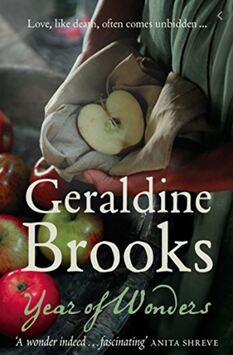
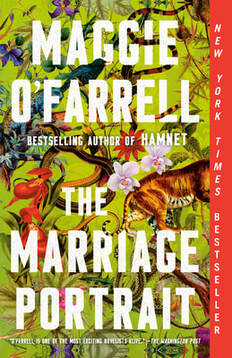

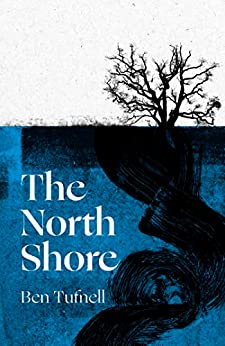
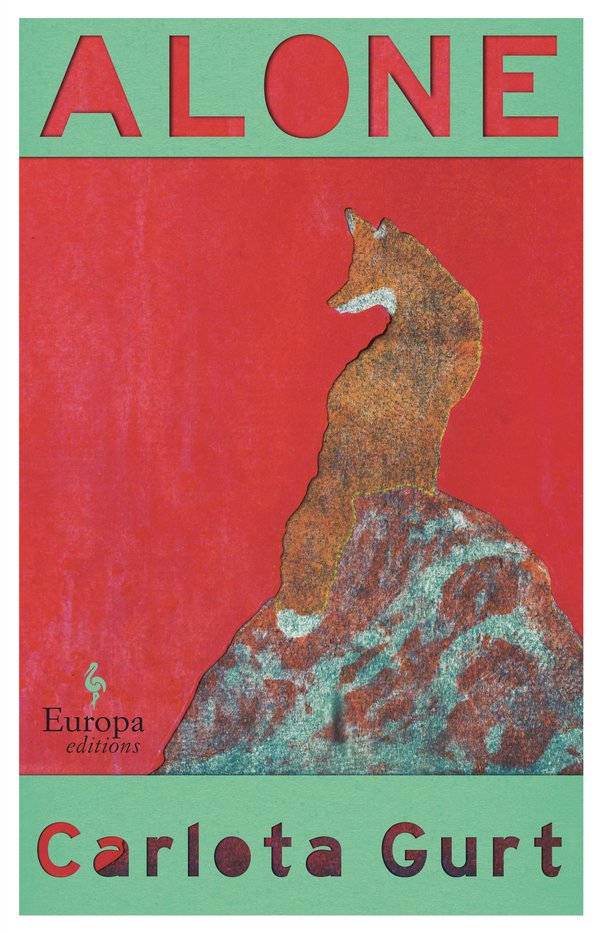
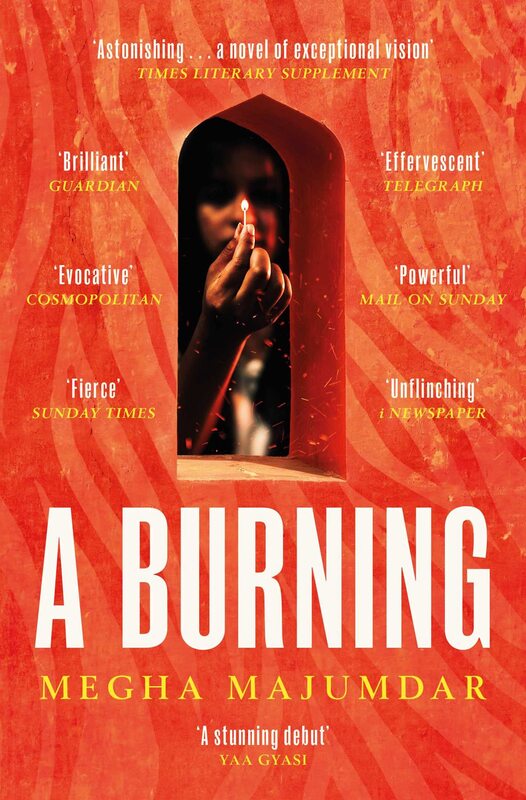
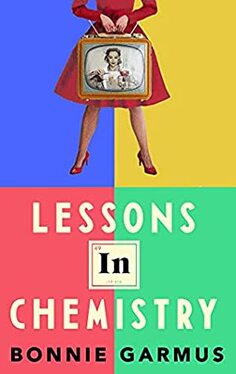
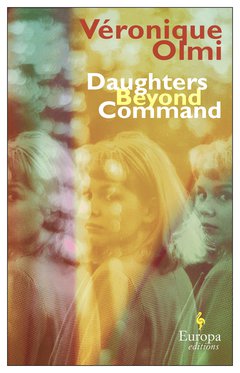
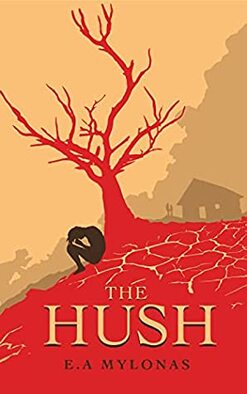
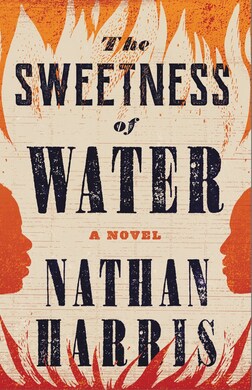
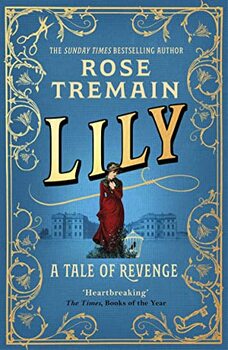
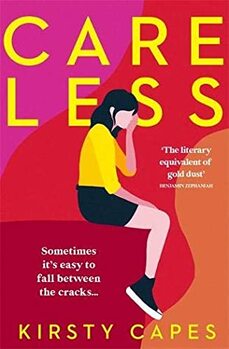
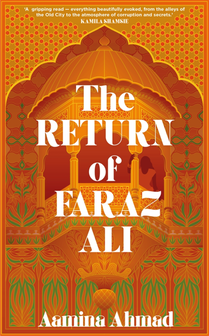
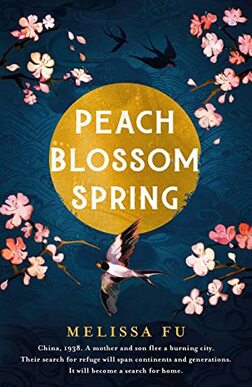
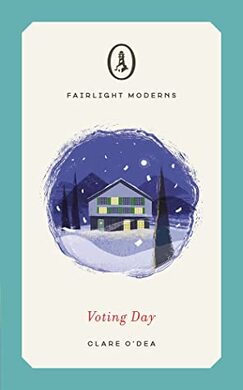
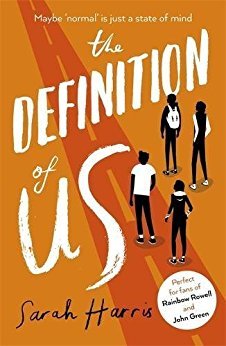
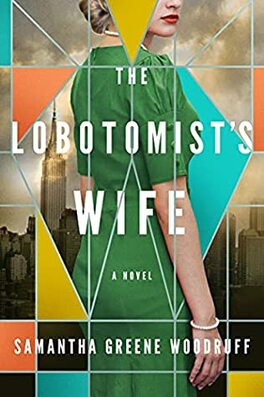
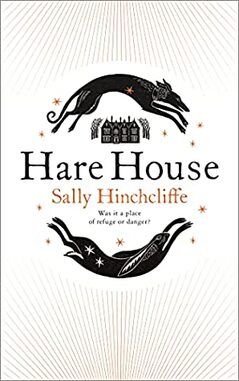
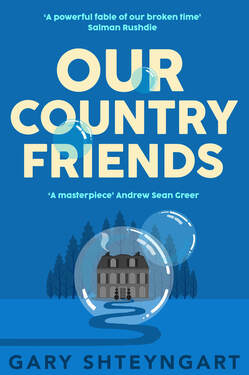
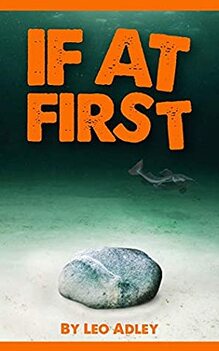
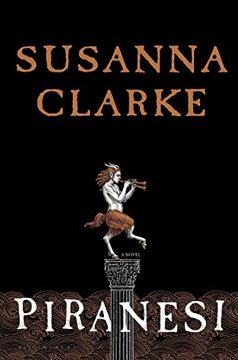
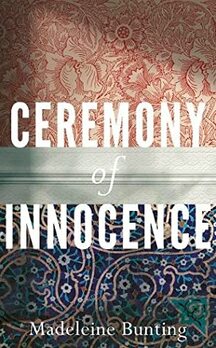
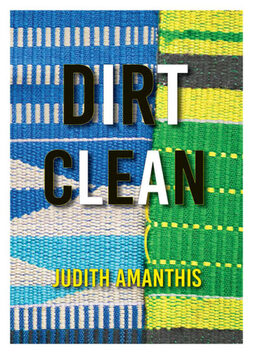

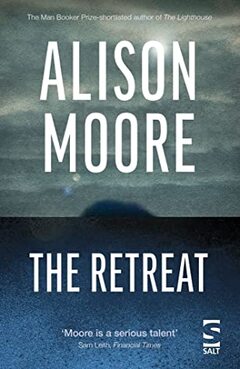
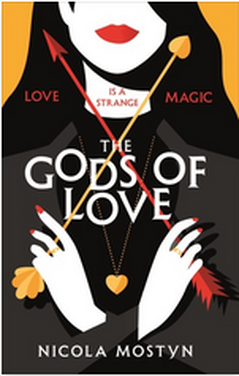
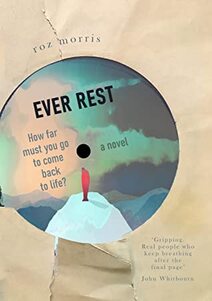
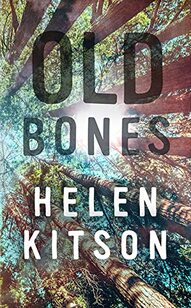
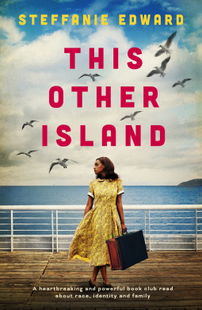
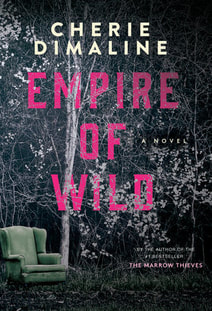
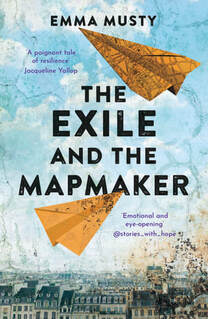
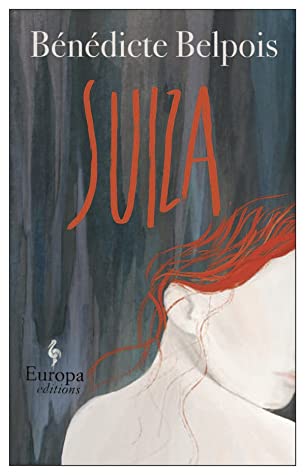
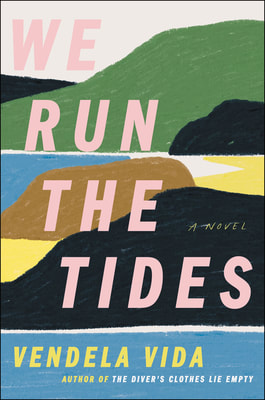
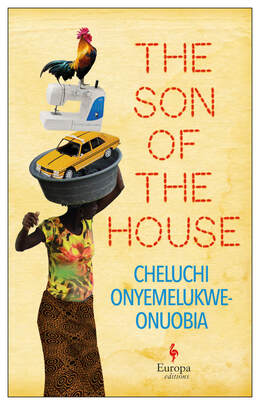
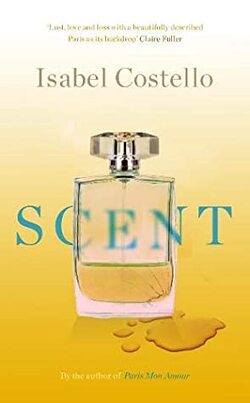
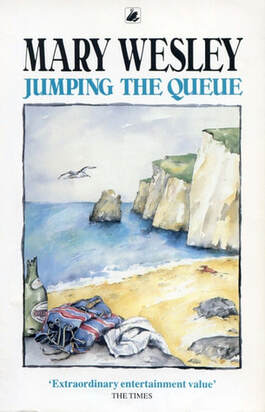

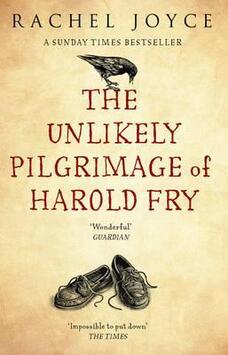
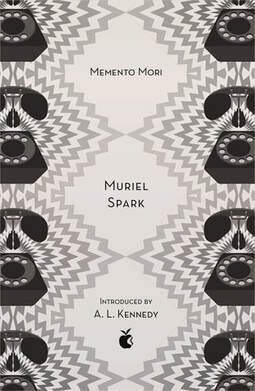
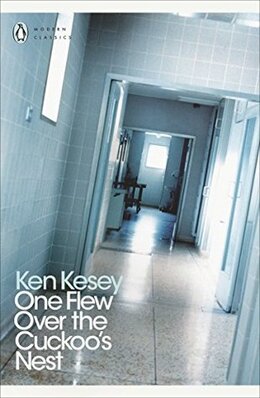
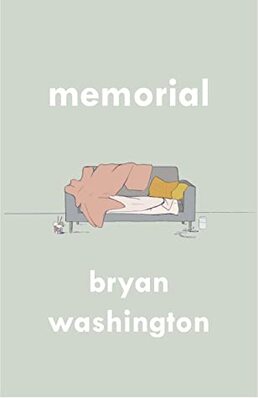
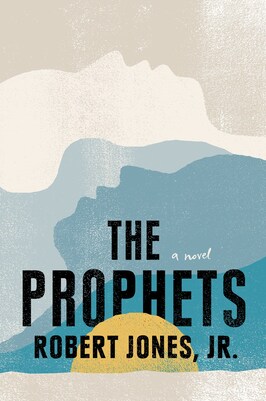
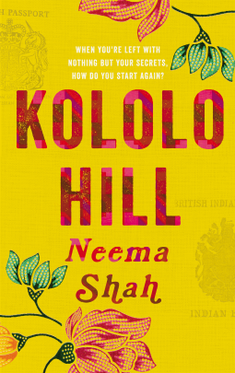

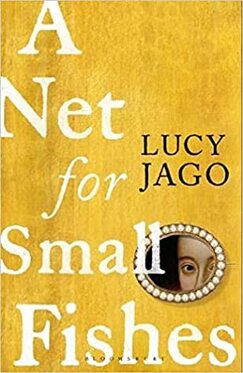
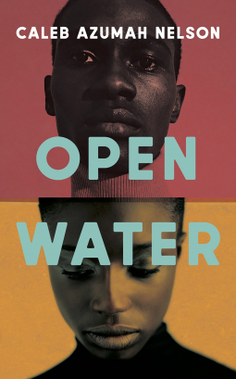
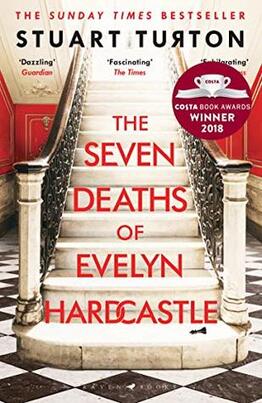

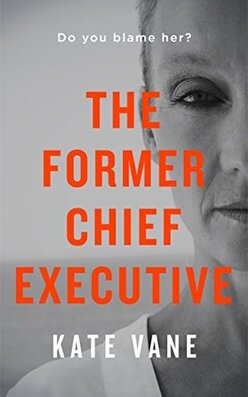
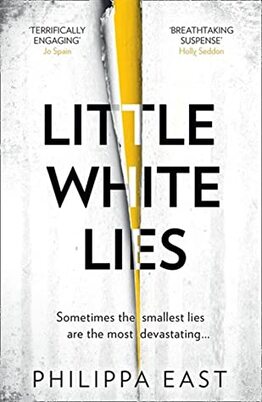





















 RSS Feed
RSS Feed





















